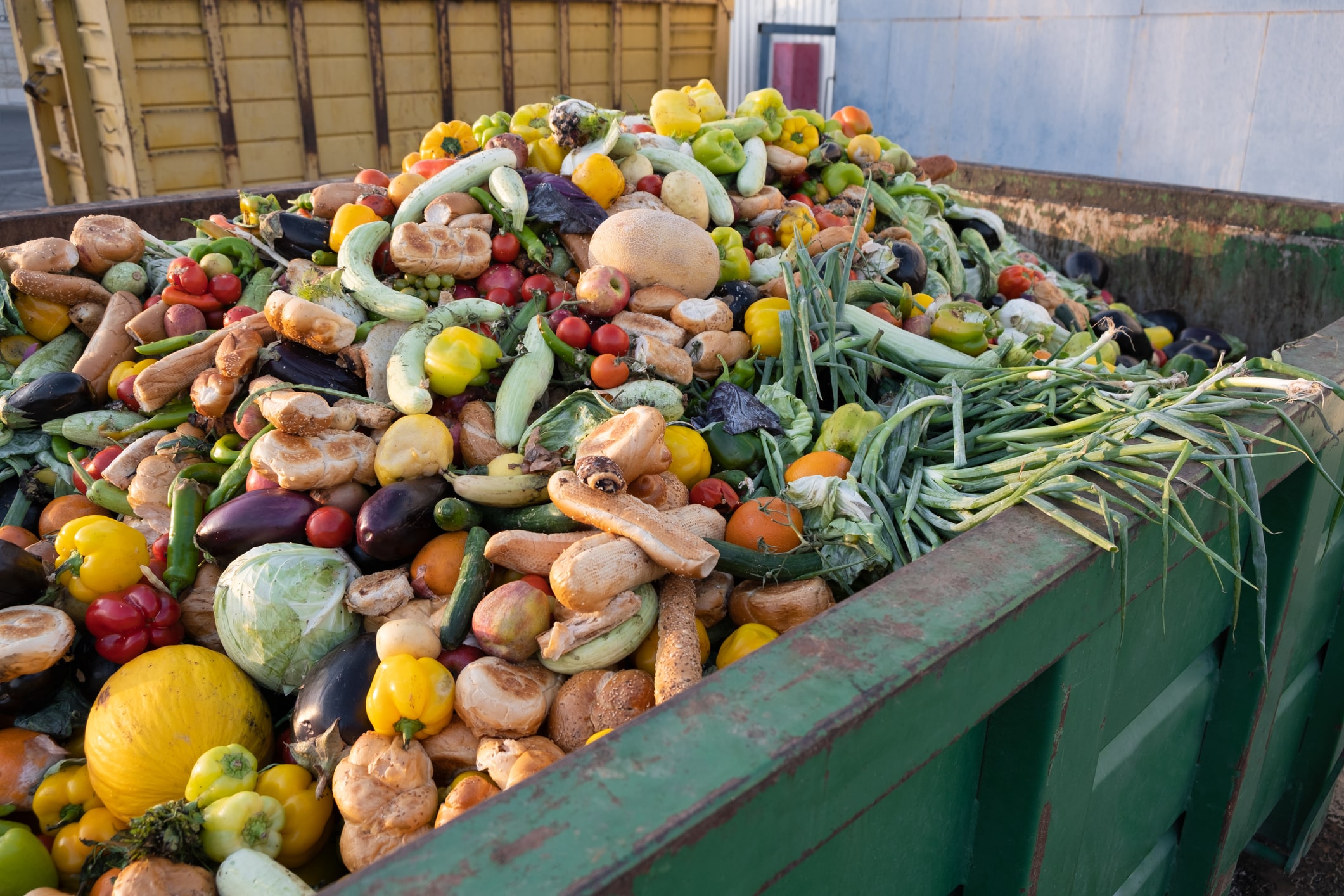6 key takeaways from Iowa Stops Hunger event

Business Record Staff Sep 16, 2024 | 12:01 pm
5 min read time
1,174 wordsAll Latest News, Arts and Culture, Iowa Stops HungerFour Hunger Heroes honorees were recently recognized during Business Publications Corp.’s annual Iowa Stops Hunger event discussing food insecurity in Iowa.
During the Sept. 5 event moderated by dsm magazine Editor Michael Morain, the four honorees explained how they are working to reduce food insecurity in their communities and shared ways for the audience to do the same.
Iowa Stops Hunger is a joint, statewide project among three flagship BPC publications — the Business Record, dsm magazine and ia magazine — and presenting sponsor Hy-Vee to help stop hunger and fight food insecurity in Iowa.
As part of Iowa Stops Hunger, nearly 40 organizations have supported efforts to raise awareness about the issue and have committed to taking at least one action to help stop hunger, while educating their workforce and the community about this critical issue and inspiring others to take action to end hunger in Iowa. To learn more, visit iowastopshunger.com.
Watch the full Iowa Stops Hunger event
Panelists and honorees:
Andy Bales, executive director, Children and Family Urban Movement
Anna Mullen, senior manager of digital marketing, FoodCorps
Bambi Press, healthy aging director, Iowa Department on Aging
Kevin Stiles, executive director (retired), Iowa Egg Council, North Central Poultry Association
Here are some of the key takeaways from the discussion:
Food is needed, but it also produces community
Bales said that while food and housing don’t necessarily end hunger and homelessness, communities can.
Several years ago, Bales conducted a survey for Iowa State University interviewing about 300 people around Iowa who were experiencing homelessness. He found that 93% said they had no contact with their family at the time.
“Either their family disintegrated when they were young, or they burned every bridge with their family,” Bales said. “And who knows who burned what bridge? But that’s the biggest common denominator among people who are homeless.”
Bales said he now sees families disintegrating more than ever.
A semiannual point-in-time count in Polk County, conducted by homelessness planning organization Homeward over a 24-hour period in January, showed 715 people experiencing homelessness, an 11% increase from 2023.
“Places to eat bring back a new kind of family, a new kind of community, that produces the connections needed to escape homelessness, to escape hunger,” Bales said. “More than ever, we’re going to need places that care about people, not only feeding them but inviting them into a lasting community of unconditional love.”
— Kyle Heim
Ensuring people have access to healthy food an increasing challenge
One concern Stiles has is people increasingly eating more unhealthy food.
“As economics have forced them to eat less healthy foods, foods that are still filling their stomachs, but that’s led to a rise in obesity,” he said. “These people are overfed and undernourished.”
A 2023 Trust for America’s Health report found that the rate of obesity in Iowa in 2022 was 37.4%, up from 36.4% the previous year.
A concern Bales has in fighting food insecurity is not only finding ways to provide enough food but also foods that are healthy.
“I think that’s a challenge for all of us to tackle,” he said.
— Kyle Heim
Supporting kids helps support communities and the future
Since the start of the COVID-19 pandemic, Mullen has seen a substantial increase in the number of students and families who need the support of school meals.
She also observed that schools have the ideal infrastructure to provide that support.
Mullen said she encourages business leaders and policymakers to consider that about 30 million kids eat lunch at school every day, and by supporting those kids, that helps support local communities and the future.
“Kids grow into young adults who have passions and want to be a part of their community and be productive in beautiful ways,” she said. “But they can’t do that if they’re undernourished, and they can’t do that if they’re hungry and if their most basic human needs are not being met.
“Our schools are the infrastructure we have in our communities to be able to provide that. They’re set up for it, and they just need the support for that.”
— Kyle Heim
Food assistance programs need to adjust to shifts in funding
While pandemic relief funding during the COVID-19 pandemic allowed for expansion among food assistance programs, dwindling availability of those resources is forcing those programs to readjust again.
“As we sort of see those funding levels return to normal in some cases, or a new normal probably in a lot of cases, we see that looks very different. And a lot of those programs are being forced to contract or kind of right-size their services based on their capacity,” Press said.
Meanwhile, the need for services continues to increase across the state.
“We see that the availability of some of that public funding really isn’t going to keep pace with the need, and so we see, for example, the Area Agencies on Aging across the state really working hard to prioritize those consumers of the greatest social need and the greatest economic need for services,” Press said.
As a result, there are now waiting lists for nutrition services.
“We’re kind of at this inflection point where these programs are innovating, and the pandemic really helped them accelerate that need to innovate,” Press said. “I think we’ll continue to see that momentum; we’ll continue to see that change.”
— Kyle Heim
Little ways to start tackling food insecurity in your community
Mullen encouraged people to look for places in their own communities for places to put “little, free food pantries” as a way to get started on individual work to alleviate hunger. She pointed to the Des Moines Public Library system, which operates food pantries.
“I like to think the easiest way to get started is going to be the lowest lift for you, the lowest barrier of entry for doing,” Mullen said. “Keep an eye out to the places you visit and that you frequent often and where there may be spaces to share food there.”
She said it’s also important to remember that your conversations with lawmakers can make a difference in policymaking to improve access to food.
“If your policymakers are hearing from you that hunger in our community is an issue that you care about and that you want them as your representative to focus on, that is also a valid place to get started in addressing systemic hunger in our communities,” she said.
— Mike Mendenhall
Food insecurity programs also combat social isolation
Press said when she was working for Meals on Wheels, a program operated locally by WesleyLife to provide nutritious meals to seniors in need, almost everyone she encountered had been affected in some way by this type of program.
She encouraged the audience to get connected with their area agency on aging to get connected with volunteer opportunities.
“Many of these programs have friendly caller programs, so even if you don’t have the ability to go out and deliver meals, you can still help to address that social isolation intent that these programs exist to help address,” Press said.
— Mike Mendenhall











